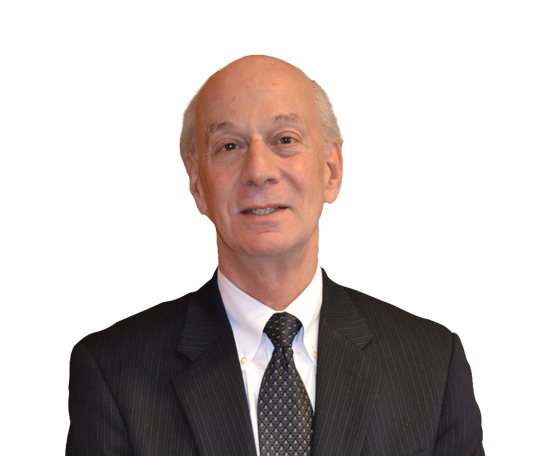The Bankruptcy Reform Act of 1994 was recently enacted and is effective as to all cases filed after October 22, 1994. The Act amended and added many provisions to the Bankruptcy Code which affect commercial lending.
The following is a brief overview of the changes of particular interest to commercial lenders:
1. Non-insider transferees are subject only to the 90-day voidable preference period even if an insider benefits from the transfer. This specifically overrules the Deprizio line of cases which held that the payment of a debt which was guaranteed by an insider would be subject to the one-year voidable preference period. Waiver of subrogation provisions of guaranty agreements may no longer be necessary.
2. Preliminary hearings for motions to lift the automatic stay must occur within 30 days and the final hearing must conclude within 30 days thereafter, unless the court finds compelling circumstances to extend the period. Prior law only required the commencement of the final hearing within 30 days, and as such, hearings often were not concluded within 60 days from the filing of the motion.
3. Actions taken to continue perfection (i.e., the filing of continuation statements and financing statements) will not violate the automatic stay of the Bankruptcy Code. Presumably, this change was implemented so as to prevent filing offices from removing filed financing statements after five years even though the debtor is in bankruptcy and, therefore, under the UCC, the filing does not lapse. Despite this worthy purpose, this provision has unclear implications and it is possible that bankruptcy courts may require the filing of continuation statements during a bankruptcy.
4. Lenders can have a valid perfected security interest in post-petition rents notwithstanding a creditor's failure (or inability) to perfect a security interest pursuant to applicable state law prior to the filing of a bankruptcy petition if the "equities of the case" dictate such result. Although this appears to be a pro-creditor change in the Bankruptcy Code, it has been suggested that it may also be interpreted to permit the avoidance of perfected security interests in post-petition rents if the "equities of the case" so require.
5. In a single asset real estate case (with no more than $4,000,000 of liquidated secured debt), creditors may have the automatic stay lifted unless the debtor (i) files a plan that has a "reasonable possibility of being confirmed" within 90 days of filing or (ii) commences payment of interest (at a "current fair market rate") to the creditor. Prior law had no such requirements and often worked to frustrate the efforts of creditors to lift the automatic stay to foreclose on the property or to receive adequate protection payments.


